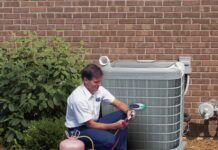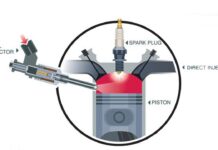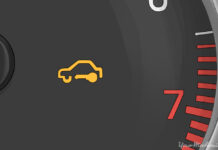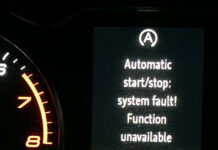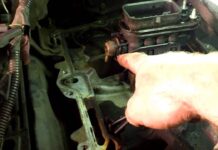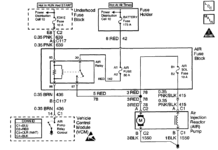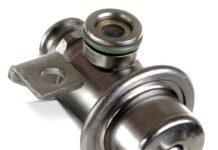How does air conditioning impact fuel consumption? Consider these factors to help you save fuel while using your air conditioner ?….
The engine provides the energy required for the air conditioner to work and you use more fuel if it runs. The vehicle’s air conditioner system can increase fuel consumption by more than any other accessory equipment. Due to the additional load placed on the engine, the air conditioning (A/C), system can cause fuel consumption to rise by as much as 20%. The actual load will depend on the vehicle’s interior dimensions, temperature outside and other conditions.
Manufacturers are constantly improving the system technology and controlling strategies in order to reduce the fuel consumption of air conditioning systems. To improve vehicle fuel economy, manufacturers have installed electric air conditioning systems. These systems will help vehicles consume less fuel.
These are some ways to decrease the use of air conditioners and increase fuel consumption.
Winter: Be careful
The engine heats the cabin air in winter. The A/C can be activated automatically if the windows are fogged up by using the defrost setting.
Vehicles of the new generation automatically turn on the air conditioning system to prevent fogging. After cleaning your windows, turn off your air conditioning system and adjust your heater settings.
Turn Off If Unnecessary
You might be able to reduce the amount of air conditioning you need to cool your car’s cabin. Your thermostat settings should be adjusted just like you would at home. Do not make the cabin cold. Instead, create a relaxing and comfortable environment.
Relationships between the Inner City and Out of City
Air conditioners at speeds exceeding 70 km per hour are more cost-effective than opening windows. High speeds increase fuel consumption by 20%, and air conditioning by 10%.
Take advantage of the sunroof and windows if you’re in the city. Air conditioners can significantly increase fuel consumption, especially in heavy traffic areas and constant stop/start.
Button Recirculation (Internal circulation)
Your air conditioning system’s “recirculation function” should be used. This will save you energy. Since you don’t need to cool outside air, you cool only the vehicle’s air. This function can cause fogging if it is not used regularly.
Parking your car in the shade
The cabin temperature of a car that is parked outside can reach 60 degrees during summer. You will use less air conditioning to cool your vehicle if you park it in the shade. You can place sunshades on your windows to stop the heat from building up if there is no shade. You should not start the vehicle immediately after turning on the air conditioner. Let warm air circulate by opening doors and windows for a few moments.
Do not skip maintenance
Air conditioning systems in cars, like brake hydraulic oil, engine oil and wheels, also require maintenance. To prevent poor air flow and poor quality, it is recommended that the pollen filter be replaced every 15,000 km.
You will also be able to reduce the need for air conditioning if you take long trips in the morning, evening or night. It is most cost-effective to drive with your windows and air conditioner closed.

